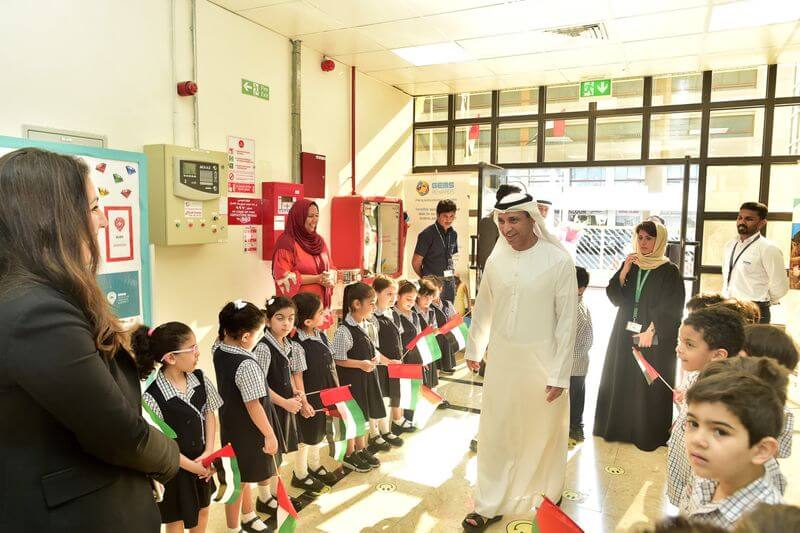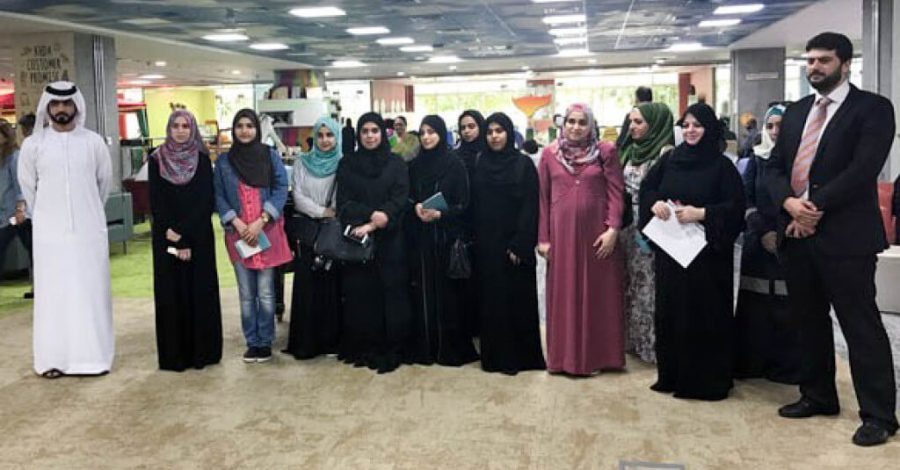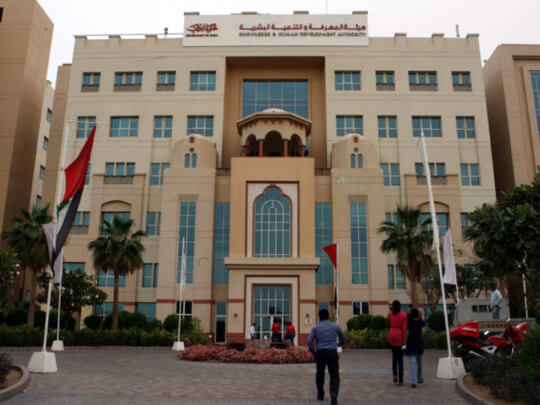The Knowledge and Human Development Authority (KHDA) serves as the regulatory body in Dubai, ensuring the highest standards of education are maintained. Although KHDA primarily centers its attention on Dubai, its impact reaches beyond to other emirates, including Ajman. In this article, we delve into the influence of KHDA regulations on schools in Ajman. We take a closer look at how these regulations mold educational standards, teaching quality, infrastructure, and the ultimate outcomes for students. Understanding the role of KHDA allows parents and educators to gain a deeper appreciation for the mechanisms that ensure high-quality education in the region.
Overview of KHDA
KHDA was established in 2006 to regulate and improve the quality of private education in Dubai. Its mandate includes setting standards, conducting inspections, and providing guidance to ensure that schools deliver high-quality education. Although KHDA’s jurisdiction is Dubai, its regulatory framework and standards often influence educational policies and practices in other emirates, including Ajman.

Regulatory Framework
KHDA’s regulatory framework is comprehensive, covering various aspects of school operations. The key areas of focus include:
- Curriculum Standards: Ensuring that schools follow approved curricula that meet international standards.
- Teacher Qualifications: Mandating specific qualifications and continuous professional development for teachers.
- School Infrastructure: Setting standards for school facilities to ensure a safe and conducive learning environment.
- Student Welfare: Implementing policies that promote the well-being and safety of students.
- Parental Engagement: Encouraging active involvement of parents in the educational process.
Curriculum Standards
KHDA regulations emphasize the importance of a robust and internationally recognized curriculum. Schools in Ajman, influenced by these standards, often adopt curricula such as British, American, and Indian (CBSE and ICSE) systems, ensuring a comprehensive educational framework. These curricula are designed to foster critical thinking, creativity, and problem-solving skills among students.
Teacher Qualifications and Professional Development
Teacher quality is a critical determinant of educational outcomes. KHDA mandates that teachers possess relevant qualifications and certifications. This ensures that educators are well-equipped to deliver high-quality instruction. Schools in Ajman have adopted similar standards, focusing on hiring qualified teachers and providing ongoing professional development opportunities.
Professional development programs are essential for keeping teachers updated with the latest educational practices and methodologies. Schools regularly conduct workshops, training sessions, and certification courses, fostering a culture of continuous learning among educators.

School Infrastructure and Facilities
KHDA regulations set high standards for school infrastructure, emphasizing the need for safe, modern, and well-maintained facilities. These standards ensure that students have access to a conducive learning environment, which includes:
- Classrooms: Spacious and equipped with modern teaching aids.
- Laboratories: Advanced science and computer labs that facilitate practical learning.
- Libraries: Well-stocked with a diverse range of books and digital resources.
- Sports Facilities: Comprehensive sports infrastructure promoting physical fitness and teamwork.
- Arts and Music Rooms: Dedicated spaces for nurturing creativity.
Student Welfare and Safety
Student welfare and safety are paramount in KHDA regulations. Schools are required to implement policies and practices that ensure the physical, emotional, and psychological well-being of students. This includes measures such as:
- Anti-Bullying Policies: Creating a safe and inclusive environment.
- Health and Safety Protocols: Regular health checks and emergency preparedness plans.
- Counseling Services: Providing support for students’ mental health and well-being.
Parental Engagement
KHDA encourages active parental involvement in the educational process. Schools are expected to maintain open lines of communication with parents, keeping them informed about their children’s progress and school activities. Regular parent-teacher meetings, newsletters, and online portals facilitate this engagement.
Impact on Educational Quality
The implementation of KHDA regulations has a significant impact on the quality of education in Ajman schools. By adhering to these standards, schools can ensure a high level of academic excellence and overall student development. The key impacts include:
- Improved Academic Performance: Rigorous curricula and qualified teachers contribute to better student outcomes in exams and assessments.
- Holistic Development: A focus on extracurricular activities and student welfare promotes overall growth.
- Global Competitiveness: Internationally recognized curricula and teaching standards prepare students for global opportunities.

Challenges and Adaptation
While KHDA regulations have brought about numerous benefits, schools in Ajman also face challenges in adapting to these standards. The primary challenges include:
- Resource Allocation: Ensuring that schools have the necessary resources to meet infrastructure and staffing requirements.
- Professional Development: Providing continuous and effective training for teachers within budget constraints.
- Compliance Monitoring: Regularly assessing and ensuring compliance with regulatory standards.
Schools have addressed these challenges by adopting innovative solutions, such as leveraging technology for professional development and optimizing resource use through strategic planning.
Future Prospects
The influence of KHDA on Ajman schools is likely to grow as the focus on quality education intensifies. Future prospects include:
- Technological Integration: Increasing the use of digital tools and online learning platforms to enhance educational delivery.
- Sustainability Initiatives: Implementing green building practices and promoting environmental awareness among students.
- Global Partnerships: Collaborating with international educational institutions to share best practices and enhance educational standards.
Conclusion
The educational landscape in Ajman is greatly influenced by the regulations set by KHDA. With a focus on curriculum, teacher qualifications, infrastructure, and student welfare, KHDA ensures that schools deliver a top-notch education that meets global standards. The list of schools in Ajman has been greatly impacted by these regulations, resulting in a wide range of educational opportunities for students.
With the ongoing efforts to implement these standards, the education system in Ajman is poised to witness significant improvements in its overall quality. This progress will not only benefit students, but it will also play a significant role in achieving the broader goal of establishing a world-class education system in the UAE. It is crucial for parents, educators, and policymakers to collaborate in order to maintain and improve these initiatives, guaranteeing that every child in Ajman receives the highest quality education.

Skier, doer, record lover, Bauhaus fan and proud pixelpusher. Working at the fulcrum of simplicity and purpose to develop visual solutions that inform and persuade



